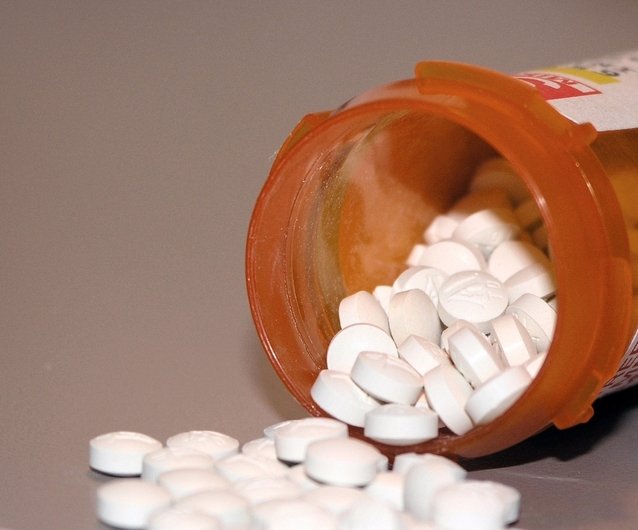Albany, NY - June 23, 2016 - New Yorkers now have more options to safely dispose unused, unwanted, and expired drugs, Department of Environmental Conservation (DEC) Commissioner Basil Seggos and Department of Health (DOH) Commissioner Howard Zucker announced today. Governor Cuomo recently signed legislation that will facilitate drug collection efforts by now allowing pharmacies to take back unwanted drugs.
“Many New Yorkers want to properly dispose of their unwanted drugs, but collection events and locations were not always convenient,” Commissioner Seggos said. “Now that pharmacies are allowed to be a collection point, people can take their medicine to the same location where they get their prescriptions filled, which helps keep them out of our waterways. The state encourages everyone to properly dispose of their unwanted medications.”
DEC and DOH encourage all pharmacies to become authorized collectors of unused, expired, and unwanted drugs, under the United States Drug Enforcement Administration’s Controlled Substances Disposal Rule. To that end, DEC will exercise enforcement discretion to alleviate regulatory hurdles for all authorized collectors, including removing requirements for them to obtain a Part 360 solid waste storage permit and the requirement that household pharmaceuticals that are hazardous waste be disposed of at a hazardous-waste facility.
Additionally, DEC has recently proposed regulations that would exempt pharmaceutical collection receptacles and events in the Part 360 Series that is presently undergoing public comment. The Enacted Fiscal Year 2016-2017 Budget also included $1,000,000 to maximize the availability of drug collection programs throughout the State, including at local law enforcement agencies.
Until recently, consumers were told to flush unwanted drugs. With technological advances and increased water quality research, low levels of medications have been detected in lakes, streams and rivers in the state. Many drugs pass largely unaltered through wastewater treatment plants and enter rivers and other water ways. Drugs from heath care facilities, pharmaceutical manufacturing facilities, and farms can also find their way into the water. Although the health and environmental consequences are still being studied, current research is beginning to show correlations between continuous exposure to low levels of medications and adverse impacts to the health of affected fish and other aquatic wildlife.
In addition, the use and abuse of prescription medication is on the rise, and can result in addictions to illegal drugs like heroin. Properly disposing of unused, unwanted, and expired drugs cuts down on the chances that they are used inappropriately.
“The state, and nation for that matter, are in the grips of an opioid epidemic,” said Commissioner of Health Dr. Howard Zucker. “By disposing of unwanted medications appropriately, we can cut down the availability of these drugs as well as others. Allowing unwanted drugs to languish in medicine cabinets raises the risk that they will land in the wrong hands.”
DEC continues to proactively address this issue though its vigorous ‘Don’t Flush Your Drugs’ campaign and targeted collections by DEC Law Enforcement professionals at long-term health care facilities in the New York City Watershed and on Long Island.










